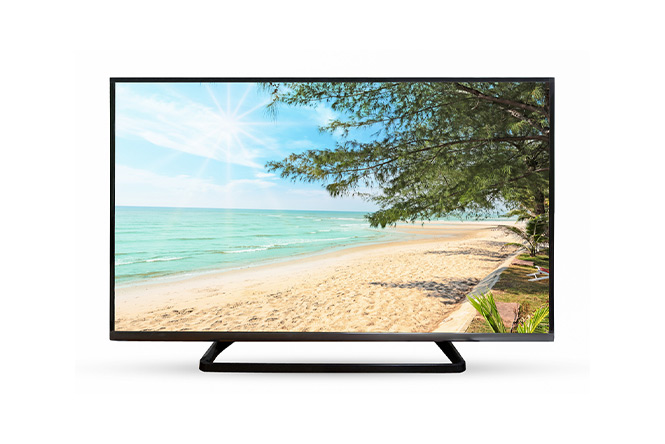LCD TV Repair

i) Stuttering or Flickering
If your monitor's screen is frequently flickering or stuttering, you might be dealing with one of many issues. It might be a simple matter of a defective or loose video cable. So, either tighten the cable on both the monitor and computer ends (being sure to thoroughly tighten any retention screws if your cable has them) or replace the cable entirely. The same goes for the power cable: make sure it's tight on both ends, and replace it if necessary if the problem persists.
If it still does not work, we will be happy to assist you with lcd tv screen repair / LCD TV REPAIR.
ii) Vertical Lines
If the conventional remedies indicated in the flickering section above don't work (check your video and power connectors for problems, install new drivers), it's most likely a physical flaw in the screen itself. Try your monitor on a different computer or laptop to see if the problem remains; if it does, you'll almost surely need to replace it because the fault is nearly certainly with the LCD panel (the most expensive component of the monitor). If it still does not work, we will be happy to assist you lcd tv repair.
iii) Dead or Stuck Pixels
A "dead" pixel on your LCD panel is a single dot that does not light up and appears as one or more black squares. Instead of displaying black, "stuck" pixels display a single colour that does not match the image on the computer screen, usually red, green, or blue. If it still does not work, we will be happy to assist you.
iv) Cracks, Spots, and Blotches
Your monitor has been subjected to physical abuse if it has a visible crack, a significant discoloured region, or a black/multicolored patch that does not correspond with the pixel grid. There's little you can do about it: even if your monitor is still under warranty, physical damage is almost probably not covered. You might attempt replacing the LCD panel yourself, but since the replacement part would cost almost as much as a new monitor, you might as well start looking. If it still does not work, we will be happy to assist you.
v) Buzzing
A problem with the backlight, mainly with the small fluorescent tubes used for lighting in older versions, is the most prevalent source of a buzz or whine noise in a monitor. (While LED backlighting has mainly replaced this design, there are still lots of CFL-equipped monitors in use.) Problems with power control to one or more lights can cause buzzing. Adjust the brightness of your screen up or down to check if the noise goes away; however, if you need your screen brightness at a precise level, this may not be the best answer. If it still does not work, we will be happy to assist you.
vi) Random Shutoffs
A monitor that switches itself off on a regular basis might be due to a lack of power from the outlet or surge protector; check your home's circuit breaker and make sure the power line is properly plugged in once again. The internal or external power converter (the latter will be a box or "wall wart" on the power connection) might possibly be overheating. Check the monitor's housing or the power adapter for excessive heat; if either is too hot to touch for more than a few seconds, they should be replaced.
This are some common problems that occurs in lcd display and we will be really happy to give you our best service
